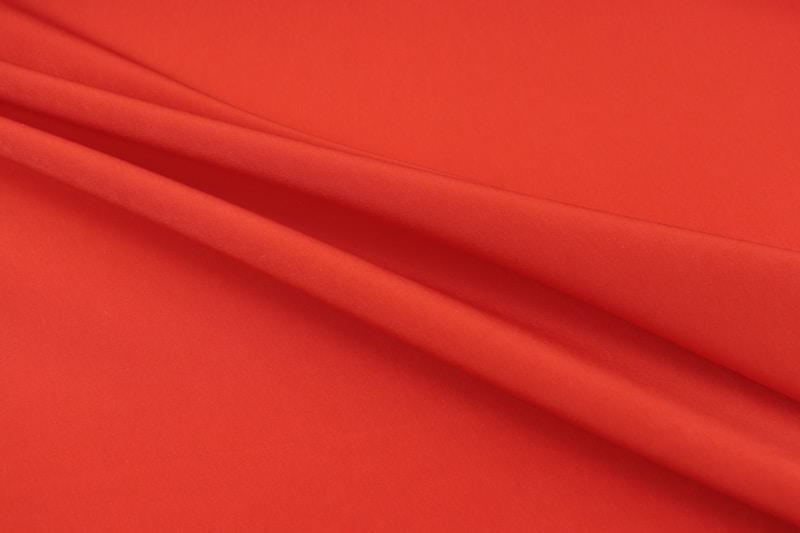Tradition Versus Innovation in Wedding Dress Evolution
Tradition Versus Innovation in Wedding Dress Evolution
Exploring the Evolution of Wedding Dresses
Wedding dresses have a rich history that intertwines tradition and innovation. As societies evolve, so do the styles of wedding dresses, reflecting cultural shifts, technological advancements, and the personal preferences of brides. This article delves into the fascinating journey of wedding dress evolution, highlighting the balance between tradition and innovation.
Historical Overview of Wedding Dresses
Throughout history, wedding dresses have symbolized various meanings, whether it's purity, wealth, or social status. The tradition of the white wedding dress, popularized by Queen Victoria in the 19th century, marked a significant turning point in how brides chose their attire.
| Era | Typical Wedding Dress Features |
| Medieval Period | Rich fabrics, heavy embellishments, and long trains |
| Victorian Era | White silk, lace, and modest designs |
| 1920s | Flapper-style dresses, shorter hemlines, and simpler silhouettes |
| Modern Era | Diverse styles, incorporation of color, and personalized designs |
The Impact of Tradition on Wedding Dresses
Traditional wedding dresses are often steeped in cultural significance. Many cultures adhere to specific customs that dictate the color, style, and construction of wedding attire. For instance, in Chinese culture, red is the predominant color for brides, signifying luck and prosperity, whereas Western cultures typically favor white.

Symbolism in Colors
The color of a wedding dress often conveys significant symbolism. Here are some examples:
| Color | Symbolism |
| White | Purity and innocence |
| Red | Happiness and good fortune |
| Blue | Tranquility and peace |
| Gold | Wealth and success |
Innovation in Wedding Dress Design
As society evolves, so does the design and functionality of wedding dresses. The influence of modern technology has led to innovative materials and techniques that enhance comfort and style. Designers today experiment with non-traditional fabrics such as tulle, chiffon, and even sustainable materials to cater to eco-conscious brides.
Personalization of Wedding Dresses
One of the largest trends in recent years is the personalization of wedding dresses. Brides now seek unique designs that reflect their individuality. From customized fittings to bespoke embellishments, there are limitless possibilities for personal expression.
Celebrity Influence on Wedding Dress Trends
Celebrity weddings often set trends that ripple through the bridal fashion industry. This impact can be seen in the popularity of A-list couples' wedding dresses, which frequently incorporate both traditional and innovative elements. For instance, when Meghan Markle married Prince Harry, she chose a modern yet classic bridal gown designed by Clare Waight Keller for Givenchy, which struck a perfect balance between innovation and tradition.
Examples of Celebrity Wedding Dresses
| Celebrity | Designer | Key Features |
| Meghan Markle | Givenchy | Modern Classic with simplicity |
| Kate Middleton | Alexander McQueen | Traditional lace with modern silhouette |
| Gwen Stefani | Gwen Stefani’s line | Bold colors, unique styles |
Combining Tradition and Innovation
The future of wedding dress fashion lies in the delicate balance between honoring tradition and embracing innovation. Designers today face the challenge of creating contemporary pieces while still respecting the time-honored customs that many brides cherish. This results in a fusion of styles, with elements like vintage lace combined with modern silhouettes or traditional motifs incorporated into avant-garde designs.
Emerging Trends in Wedding Dresses
Some trends that reflect the combination of tradition and innovation include:
- Eco-friendly fabrics and sustainable practices
- Digital printing technology for unique patterns
- Modular dresses that can be customized throughout the day
- Incorporation of technology, such as smart fabrics
Conclusion
The evolution of wedding dresses is a testament to how culture, technology, and personal expression shape fashion. As brides continue to navigate the delicate interplay of tradition versus innovation, the wedding dress remains an iconic symbol of love and commitment. For brides-to-be, it’s important to keep in mind their own values and preferences when choosing their attire. Whether drawn to the elegance of traditional designs or the allure of modern innovation, the perfect wedding dress awaits to make your special day unforgettable.
Final Thoughts and Tips
When selecting your wedding dress, consider the following tips:
- Reflect on your personal style and comfort level.
- Research different silhouettes and materials.
- Ensure your dress aligns with your wedding’s theme and location.
- Most importantly, choose a dress that makes you feel beautiful and confident.
Embrace the journey of finding the wedding dress that tells your story, blending the cherished traditions with innovative designs that resonate with your personality.
